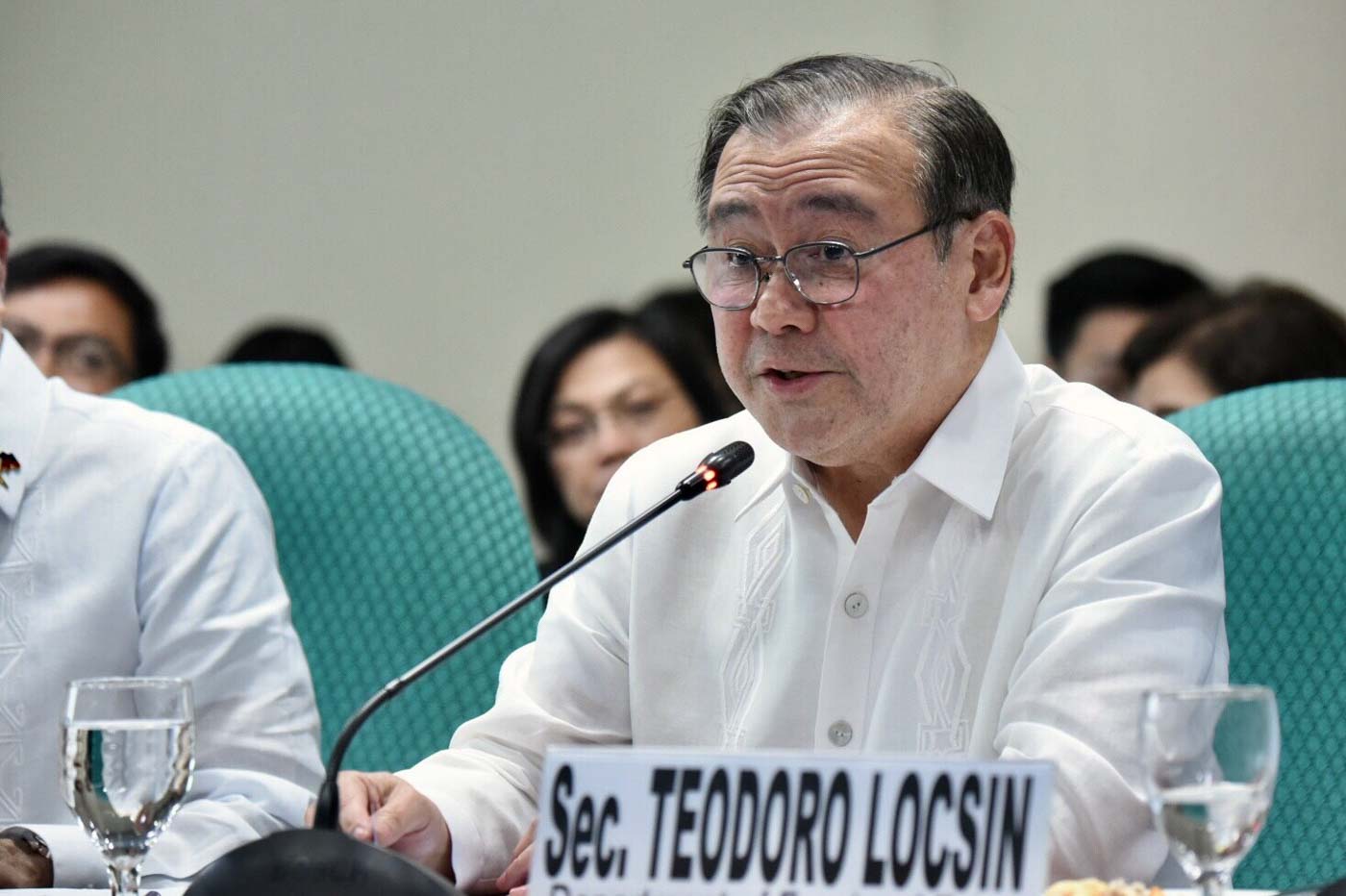Arbitral ruling aidful in maritime disputes — Locsín
By Zion del Rosario
 |
| PHOTO: Rappler |
With the guidance of international law, the 2016 arbitral ruling would be beneficial in mediating maritime issues in the South China Sea, said Foreign Affairs Secretary Teodoro Locsín, Jr. on Tuesday.
Along with Chinese State Councilor and Foreign Minister Wang Yi at the virtual Association of Southeast Asian Nations (ASEAN) Post Ministerial Conference Session with China, Locsín called his attention along with other ASEAN ministers that the ruling was made with care so as not to be an instrument of further conflict.
“A peaceful South China Sea is essential to its protection and sustainable management,” Locsín addressed at the conference where he pointed about the waters most beneficial yet critical for the region.
“Disputes in it should be resolved peacefully in accordance with international law, including the 1982 UNCLOS and in the recent light of the 2016 Arbitral Award which singles out no one, was carefully crafted as to be unusable as a weapon for disputation; and most helpful in clarifying maritime issues,” he added.
To provide arbitral measures to resolve disputes, all 10 ASEAN members and China signed the United Nations Convention on the Law of the Sea.
As the country’s top diplomat, Locsín also reiterated the Philippines’ efforts to negotiate peacefully in the name of a Code of Conduct in the South China Sea.
Meanwhile, in the wake of the COVID-19 pandemic and its impact amid the region’s geopolitical situation, Locsín defended the quality of the Chinese-made vaccines, explaining that it is better than the death toll jumping higher due to low immunization.
“Furthermore, no country would make a vaccine that is less than optimal considering the speed at which it had to be invented and widely deployed within China itself,” he said.
“No sane country would invent less than the best vaccine it can and use them to convince others to use it to their hurt. That would be a mass weapon of mass stupidity.”
ASEAN is an economic union made up of 10 member states in Southeast Asia, namely Brunei, Cambodia, Indonesia, Laos, Myanmar, the Philippines, Singapore, Thailand, and Vietnam.
Report source: ABS-CBN News
